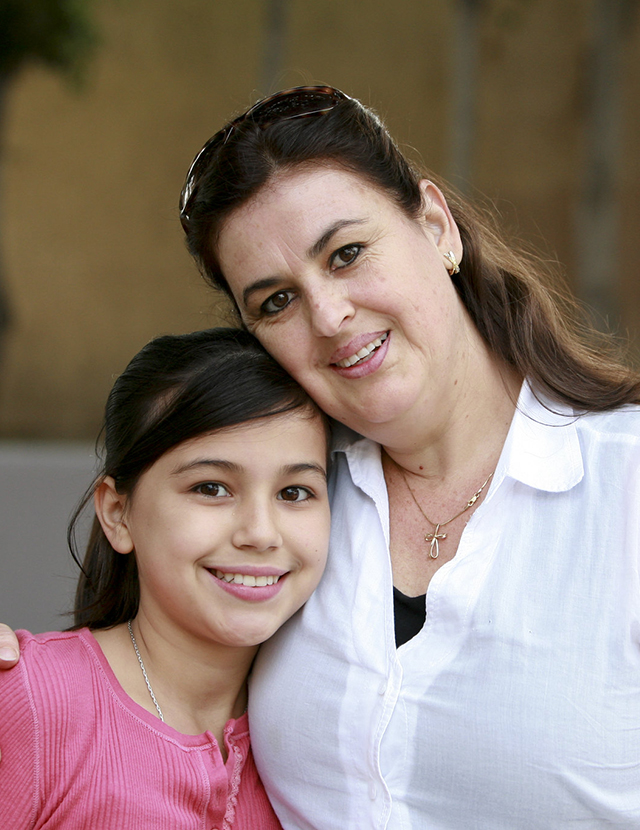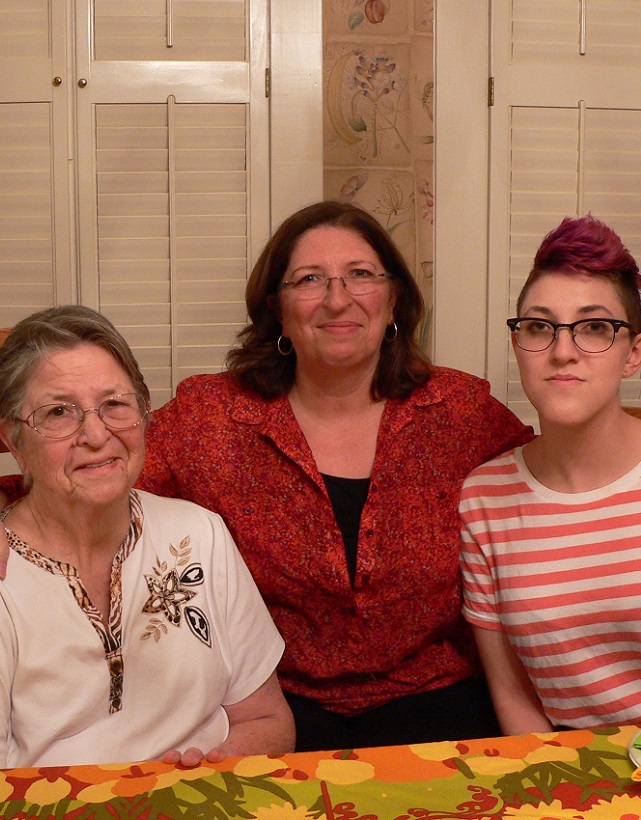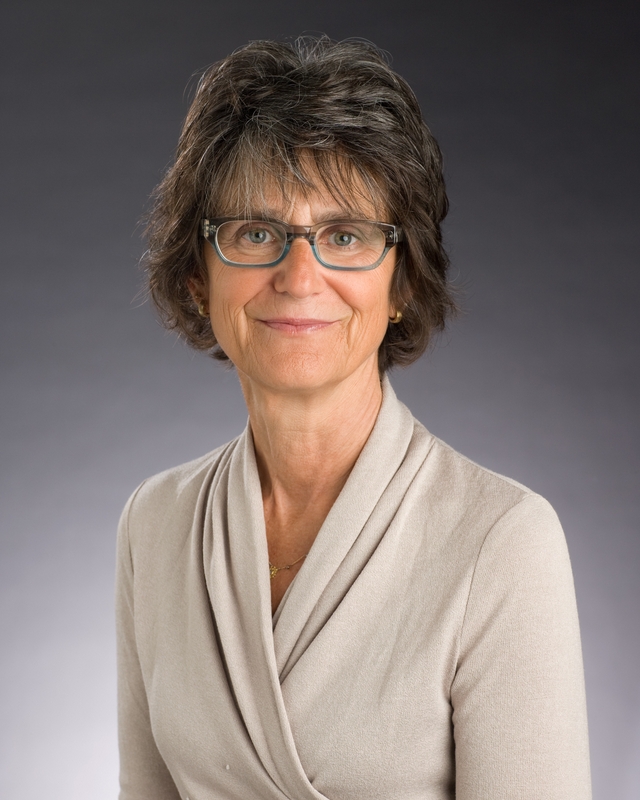
Press Release
Drug for Pregnant Women Linked to Increased Cancer Risk in Offspring
-
Focus Areas
Women, Youth & Children -
Expertise
Research – Quantitative -
Programs
Child Health and Development Studies

Oakland, CA-Children of women who were injected with 17α-hydroxyprogesterone caproate (17-OHPC) during pregnancy may face an increased risk for cancer, according to a new study by researchers from the Public Health Institute’s Child Health and Development Studies (CHDS) program and The University of Texas Health Science Center at Houston (UTHealth). In the study published today in the journal American Journal of Obstetrics and Gynecology, the researchers suggest that fetal exposure to 17-OHPC may be contributing to the increasing rates of cancer in young adults.
The study results show that offspring exposed to 17-OHPC had nearly double the risk of any cancer compared to those not not exposed. For certain cancers the increased risk was even greater: children exposed to 17-OHPC had more than 34 times greater risk of brain cancer, and as adults had more than 5 times greater risk of colorectal and prostate cancers. The risk of any cancer was greater for those whose mothers were injected with 17-OHPC during the first trimester, as well as those exposed to three or more injections. Exposure starting in the second or third trimester of pregnancy was associated with an increased cancer risk for sons but not daughters.
CHDS includes more than 18,000 mother-child pairs who received care during pregnancy in the Kaiser Foundation Health Plan in Oakland between 1959 and 1966. From the mothers’ medical records, 234 offspring exposed to 17-OHPC in utero were identified; the incidence of cancers in the adult children was determined by linkage with the California Cancer Registry through 2019.
Currently marketed by Covis pharmaceuticals under the brand name Makena®, 17-OHPC is a synthetic progestogen (a drug intended to mimic the natural hormone progesterone) that was initially used in the 1950s to prevent miscarriages or spontaneous abortions and is typically prescribed today to reduce the risk of preterm births. Despite repeated concerns about safety and short-term efficacy regarding the use of 17-OHPC, little is known about long-term effects of the drug on the health of offspring. Much previous research has shown the potential for other synthetic hormones to disrupt fetal development and lead to later health problems in offspring. For example, fetal exposures to diethylstilbestrol (DES, a synthetic estrogen) can lead to cellular, molecular, and epigenetic changes that can increase cancer risks to daughters later in life.
Last year, the Food and Drug Administration’s Center for Drug Evaluation and Research (CDER) recommended withdrawing marketing approval for Makena, citing a recent study showing no reduction in the incidence of preterm birth. Still, other experts support continued use of 17-OHPC, noting that the drug, which is the only pharmaceutical treatment for preterm birth on the market, is especially important for African American women, for whom preterm birth is nearly four times as common as for non-Hispanic White women and is the leading cause of infant mortality.
“Women deserve better choices than a risky drug or the risks of preterm birth,” said Dr. Barbara Cohn, director of CHDS and a co-author of the study. “Our study shows that children and adults who were exposed to this synthetic hormone during fetal development may face an increased risk of cancer, especially when the drug was given to their mothers early in pregnancy and repeatedly. We recommend caution in using 17-OHPC during pregnancy and urgent research into safer alternative treatments.”
In the 1950s and 60s, 17-OHPC was used early in pregnancy, and women typically received 1 or 2 injections. Today, Makena is typically prescribed later in pregnancy but women may receive as many as 20 injections over the course of a pregnancy.
CHDS is a cohort of mother-child pairs who received care during pregnancy between 1959 and 1966. Among many other studies, previous CHDS research has looked at chemical exposures during pregnancy and daughters’ risk of breast cancer.
The study by Caitlin C. Murphy, Piera M. Cirillo, Nickilou Y. Krigbaum, and Barbara A. Cohn, “In utero exposure to 17α-hydroxyprogesterone caproate and risk of cancer in offspring,” is available from the American Journal of Obstetrics and Gynecology.
Work With Us
You change the world. We do the rest. Explore fiscal sponsorship at PHI.
Support Us
Together, we can accelerate our response to public health’s most critical issues.
Find Employment
Begin your career at the Public Health Institute.


